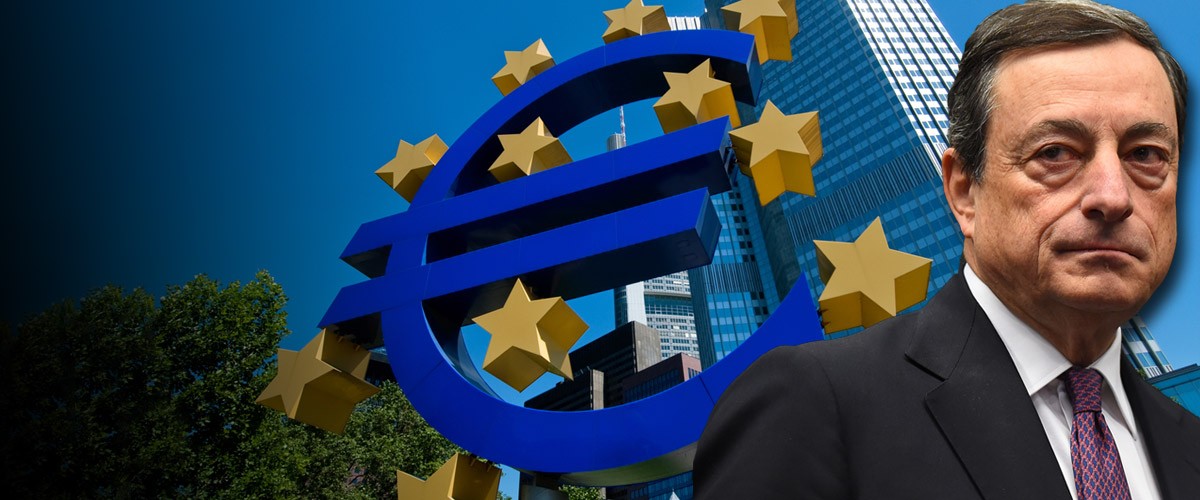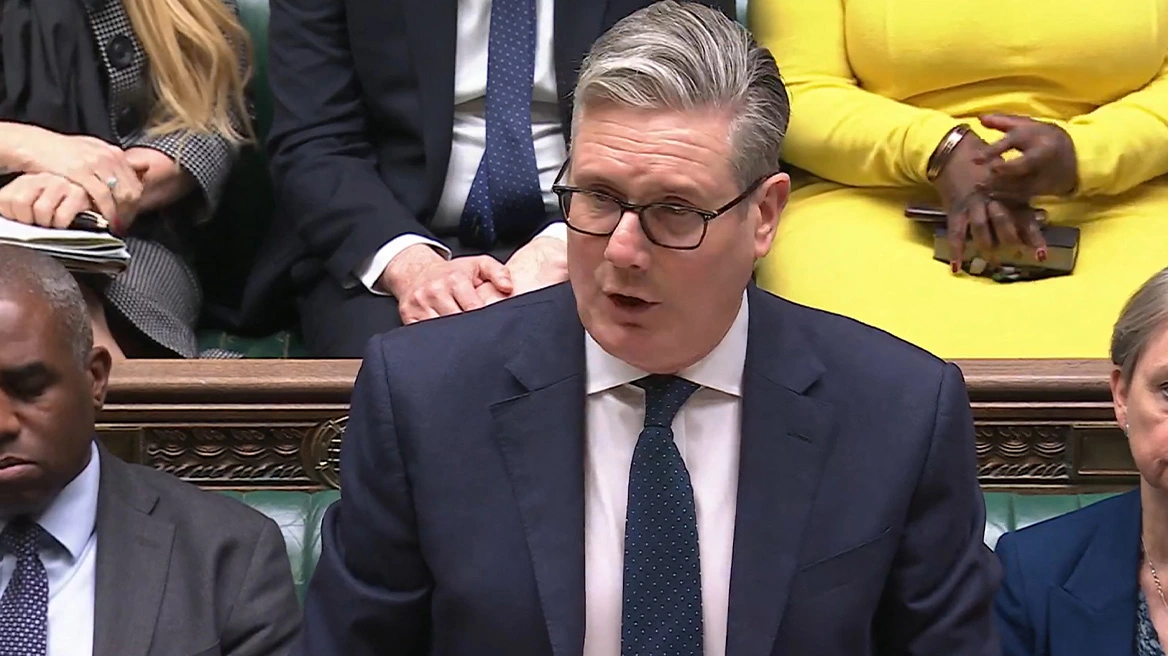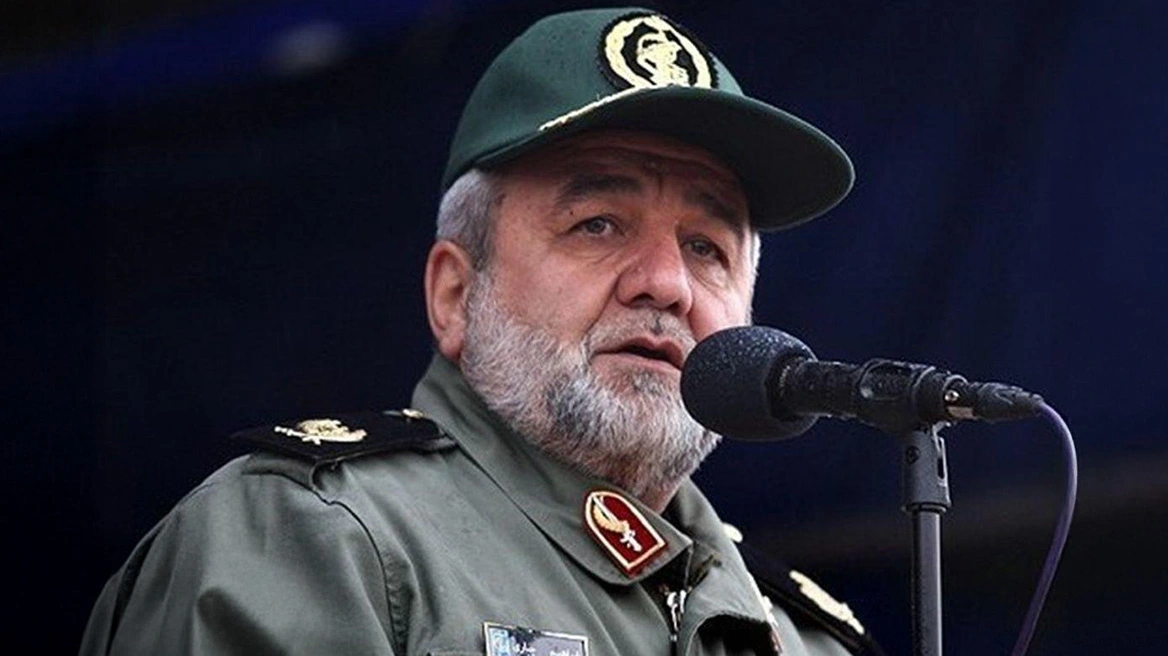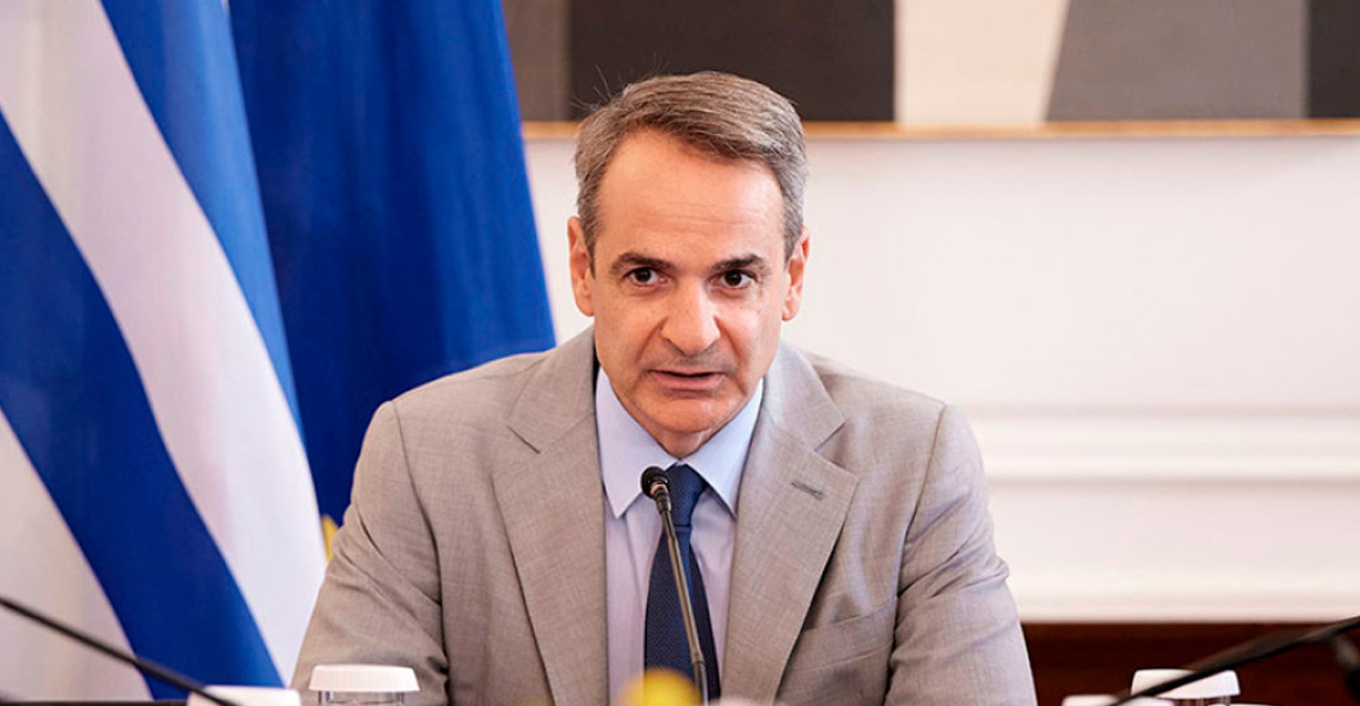The European Central Bank’s (ECB) bond-buying program has left high expectations for quantitative easing (QE). The question remains as to when ECB President Mario Draghi will start pumping money into the European financial system with QE, something that analysts believe may happen as soon as Thursday.
The Greek elections on January 25, however, have cast a shadow over the success of QE with polls showing that there is a chance that the main opposition Radical Left Coalition (SYRIZA) party may come into power. SYRIZA has pledged to renegotiate Greek debt and abandon austerity measures that are seen by many as unjust and unnecessary. This move would pose a risk to QE in Europe because the Greek bonds to be bought by the ECB would become worthless.
Whether Greek bonds would be included in the QE program or whether the QE program can be delayed until after the elections is to be decided at the ECB meeting to take place on Thursday with the participation of Greek central banker Yannis Stournaras.
The ECB has set terms for Greek banks so that they can be included in the QE program that would ideally inject liquidity into the financial system and the economy at large.
The ECB’s terms for Greek banks for QE:
* To purge financial institutions’ portfolios of “toxic” loans that cannot be repaid.
* To restructure Greek banks so that there is a central administration and pricing of credit risks.
* To draw from private capital with market conditions so as to not spend money from taxpayers and to effectively fund businesses and new ventures.
Ask me anything
Explore related questions






